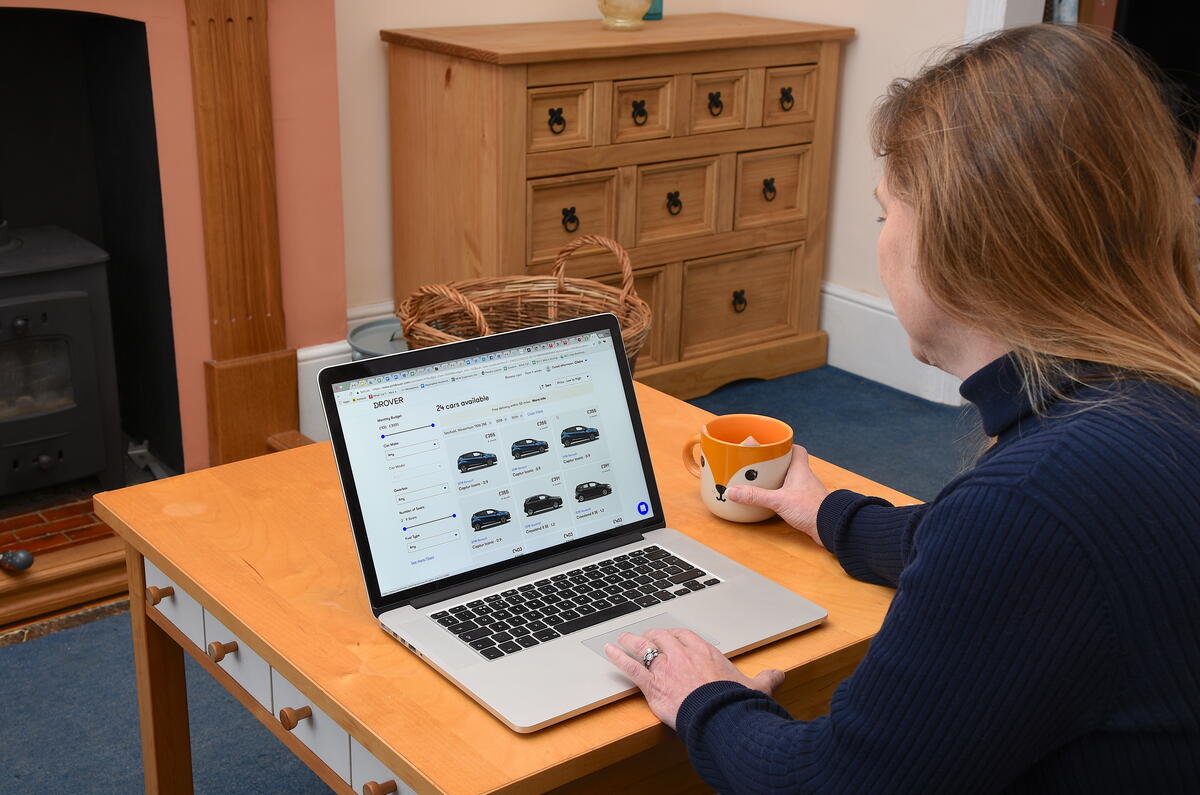The World Health Organisation may have declared recently that Covid-19 is no longer a global health emergency, but its impact on the automotive industry remains a clear and present danger – particularly when it comes to recruitment.
If the pandemic ushered in a new culture of flexible working, we now seem to have settled into a period of commercial 'long Covid', with remote working entrenched in corporate life and job candidates becoming ever more demanding in terms of extra benefits.




Add your comment